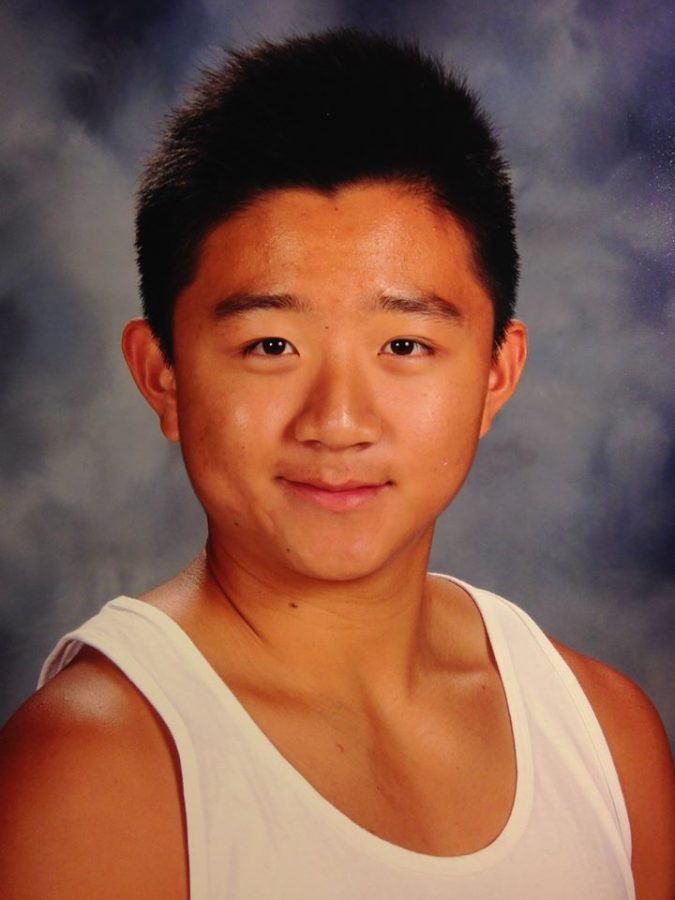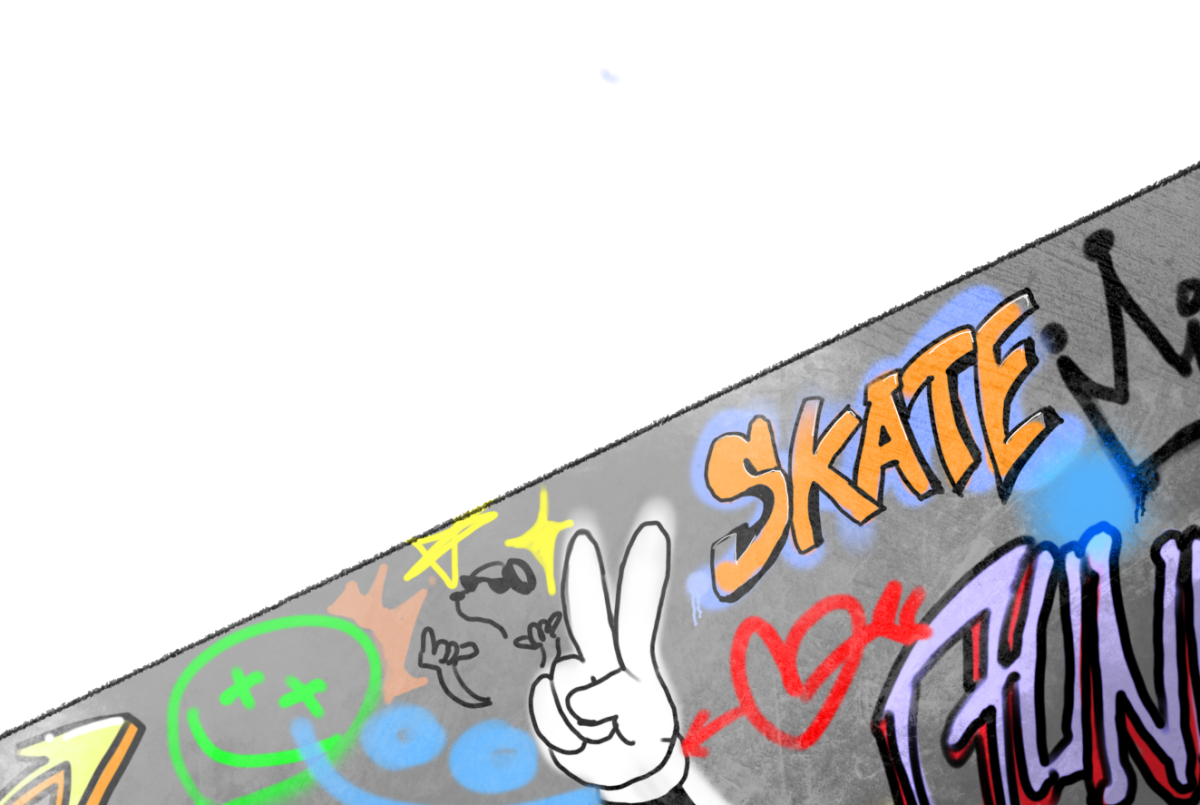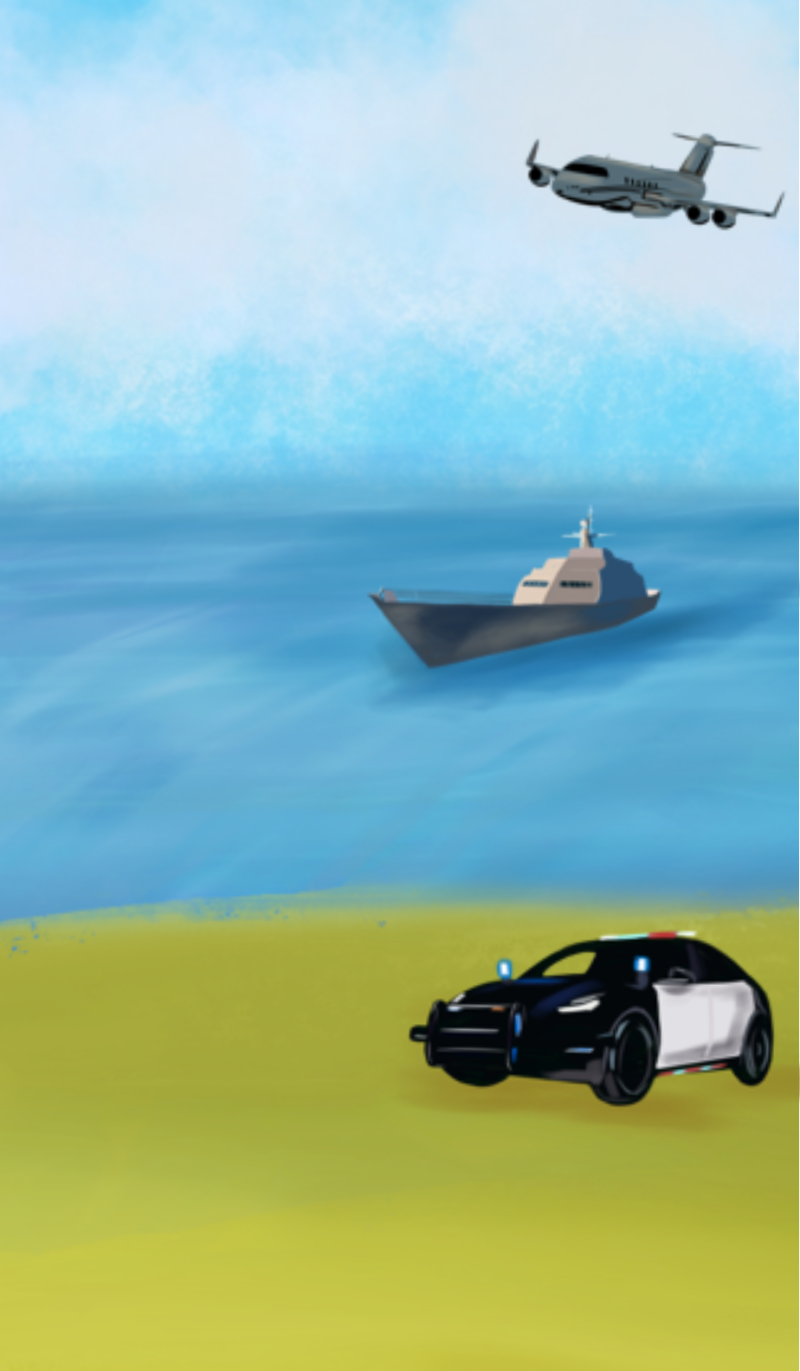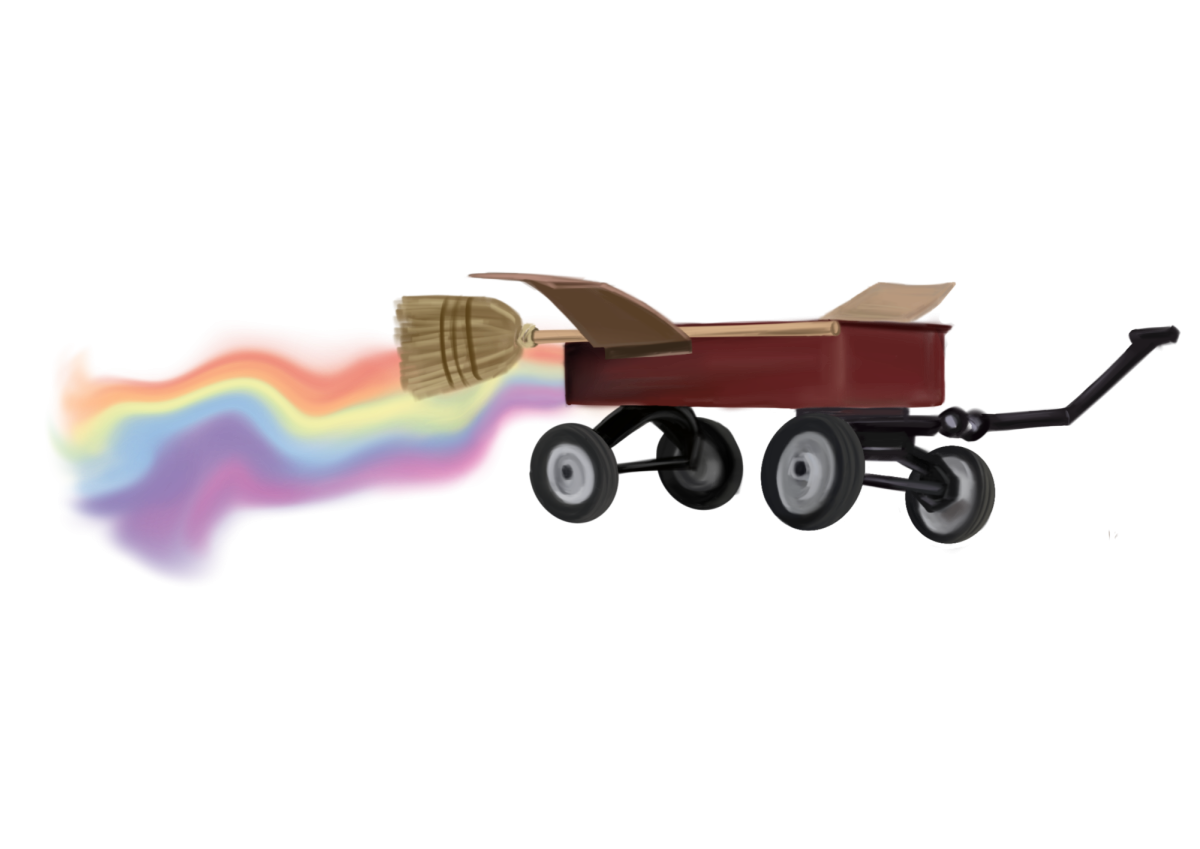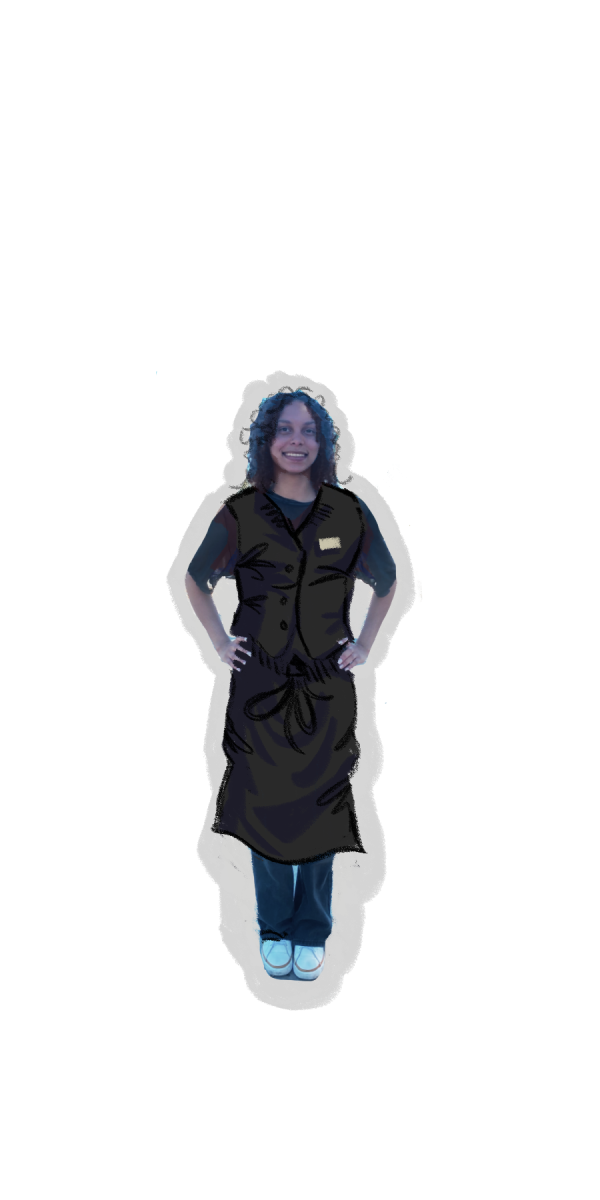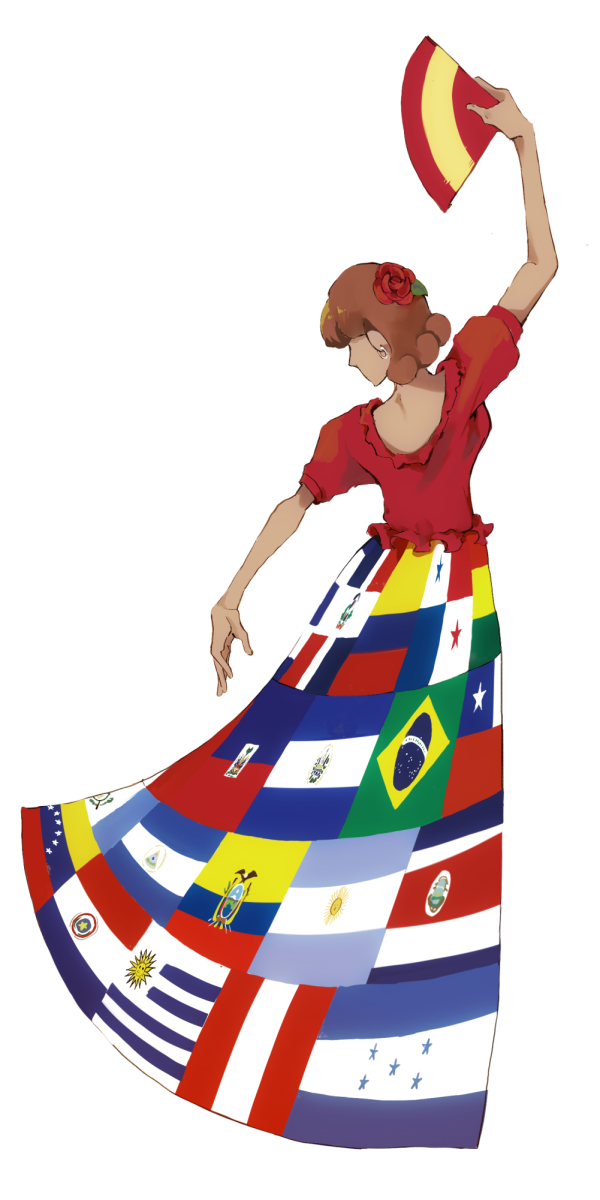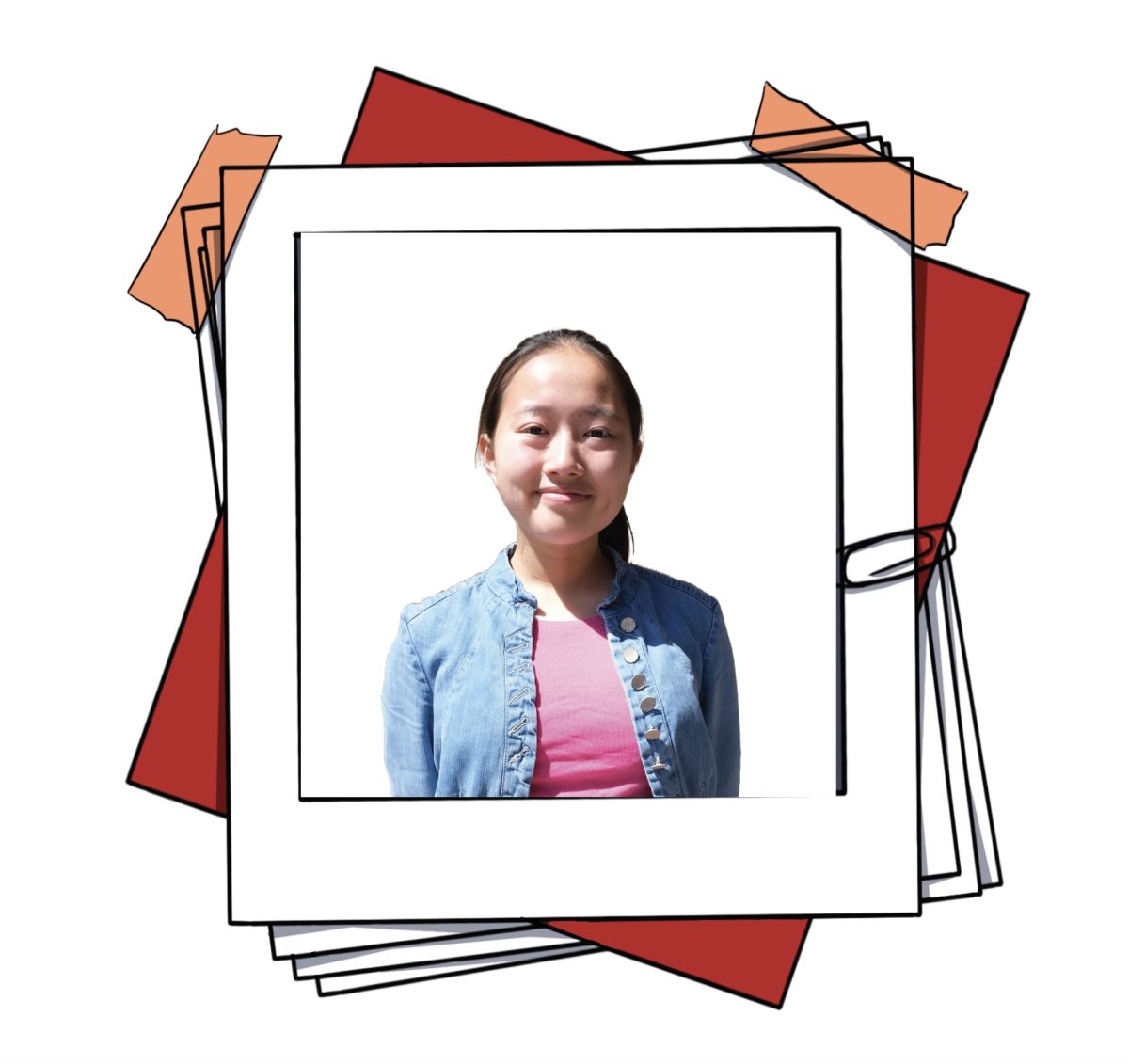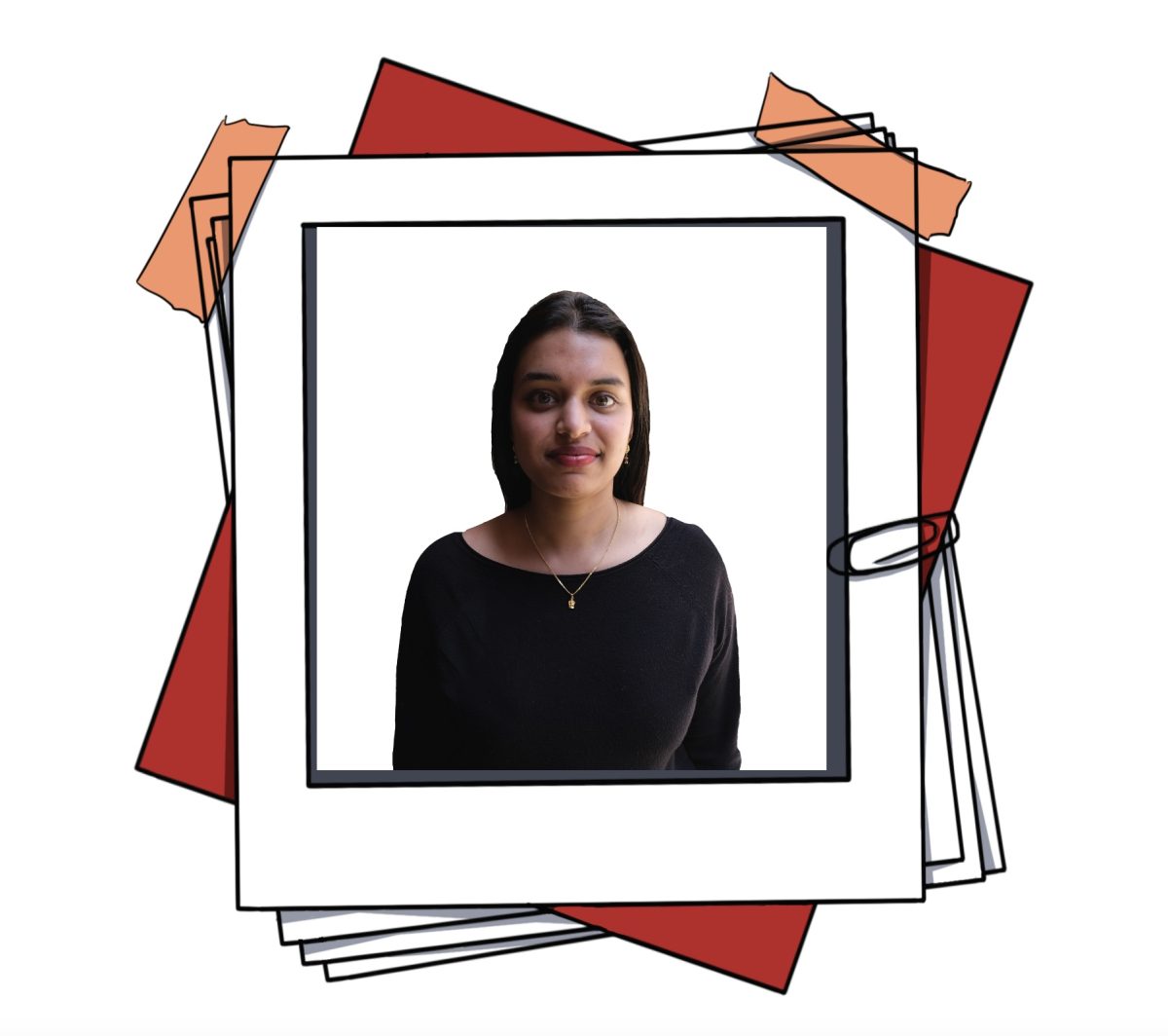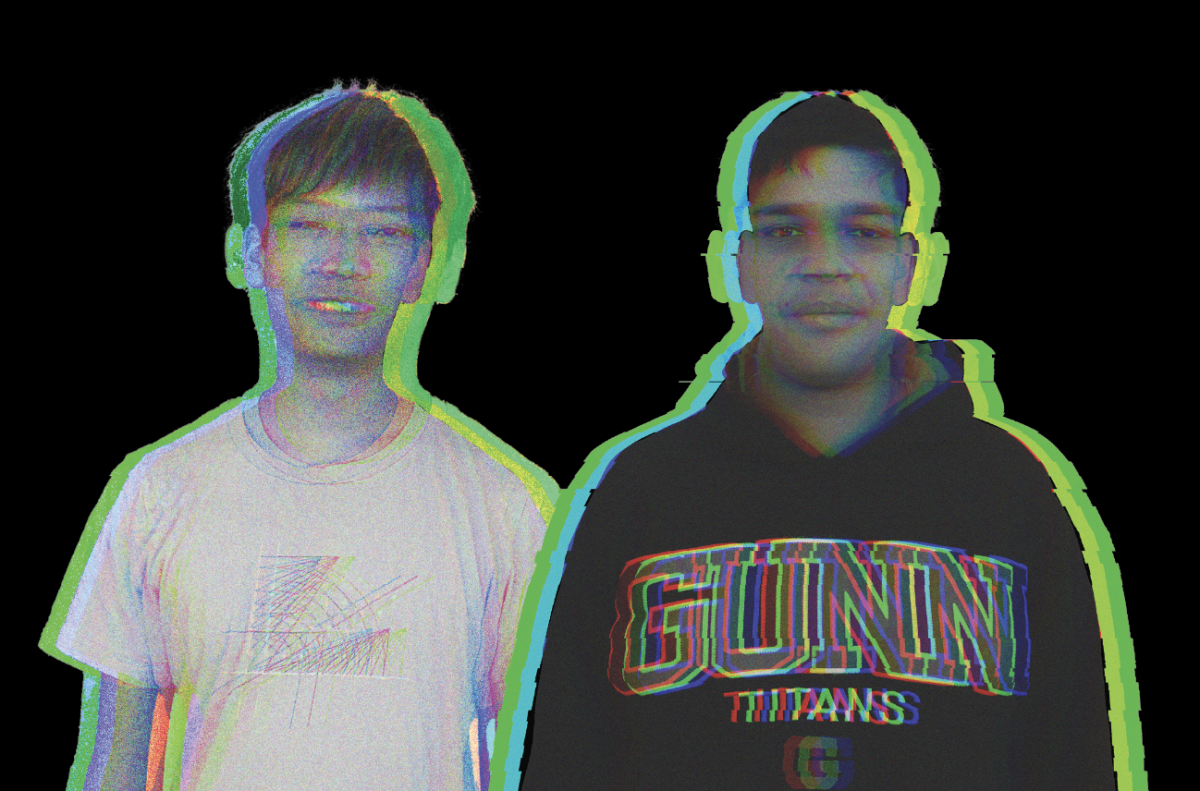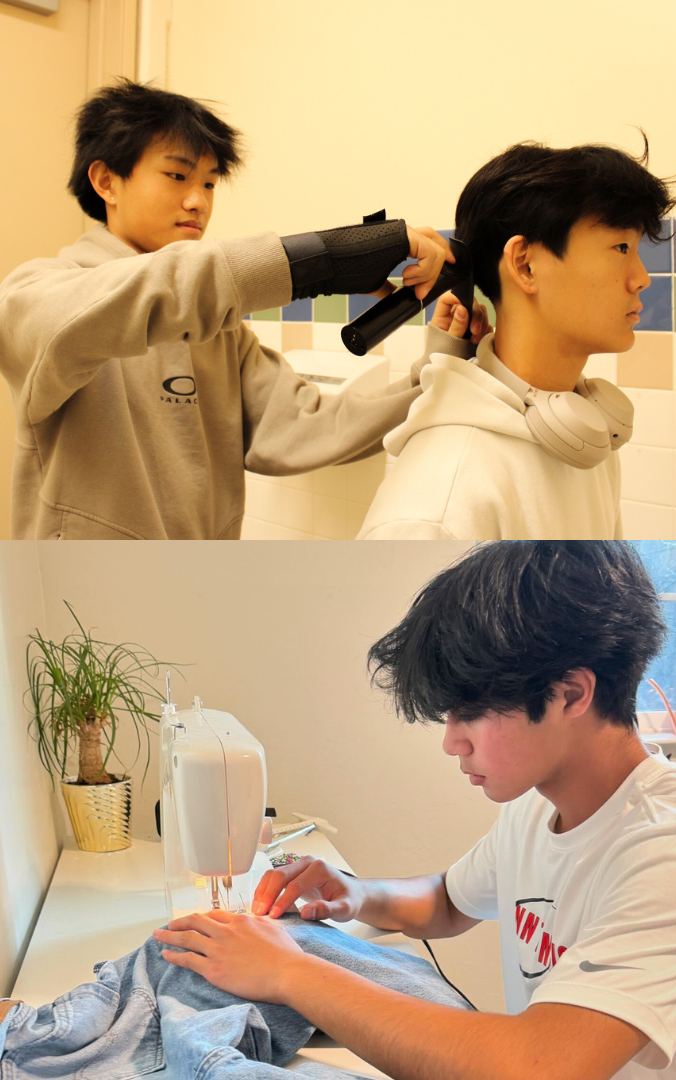Written by Yuki Klotz-Burwell
While some students spent their summer binge-watching Netflix or laying on the beach, senior Calvin Wang spent seven weeks in Taiwan doing research on antituberculosis drugs. Before coming to Gunn his sophomore year, he lived in Taiwan and got to know a biomedical professor at the National Taiwan University. After expressing his interest in biomedical research and the subject itself, he was given the opportunity to work in Taiwan over the summer.
At the research facility, Wang worked all day on computer simulations of DNA sequences with the professor. He used the computer programs to view and create homology models. While some parts of the drug development were conducted in the laboratory, he only worked on the computers when handling his portion of the research. “As a high schooler, you don’t really have the coherence to know how to use the lab materials.” he said. “They’re not going to trust high schoolers with pathogens that could potentially wipe out a bunch of people.”
Wang has always had an affinity for science, so he was very encouraged and excited to work at the facility. “I’m sort of a science geek, so I really like doing this kind of research,” he said. “It’s fun, challenging and rewarding.” This, coupled with his passion for helping others, gave him the motivation to go to Taiwan.
The drive to pursue researching for tuberculosis cures and the excitement of saving lives helped him get through the activities of the day in Taiwan. “I was working 10 hours a day and I woke up every day wanting to go,” Wang said. “I didn’t dread it at all. I woke up in the morning and thought, ‘heck, yes. I’m going to do some kickbutt research.’”
While the research was stimulating and intriguing for Wang, it was also a challenge. “With all types of biomedical research you’re going to run into problems and parts where you’re stuck,” Wang said. “Sometimes, my simulations didn’t really run specifically or exactly how I wanted them to, or my homology model didn’t come out perfectly.”
According to Wang, the antituberculosis research process can be difficult and laborious at times. He said that, however, these research processes are definitely rewarding when done correctly. “When you’re creating the homology model, you’ve got to align the protein’s DNA sequences one by one to create it. When those didn’t really work out, it got really frustrating,” he said. “But when it finally does work out, you feel like the king of the hill.”
In addition to researching, Wang spent his time hanging out with his old friends in Taiwan. Because he had left Taiwan as a sophomore, it was great to see his friends again.
However challenging the experience may have been for him, Wang says he thoroughly enjoyed it because of his drive to help the world and his passion for science. “I can definitely see myself going back,” he said. “I think it’s the main drive of being a part in something big, being able to help further our scientific knowledge and hopefully save some lives!”


